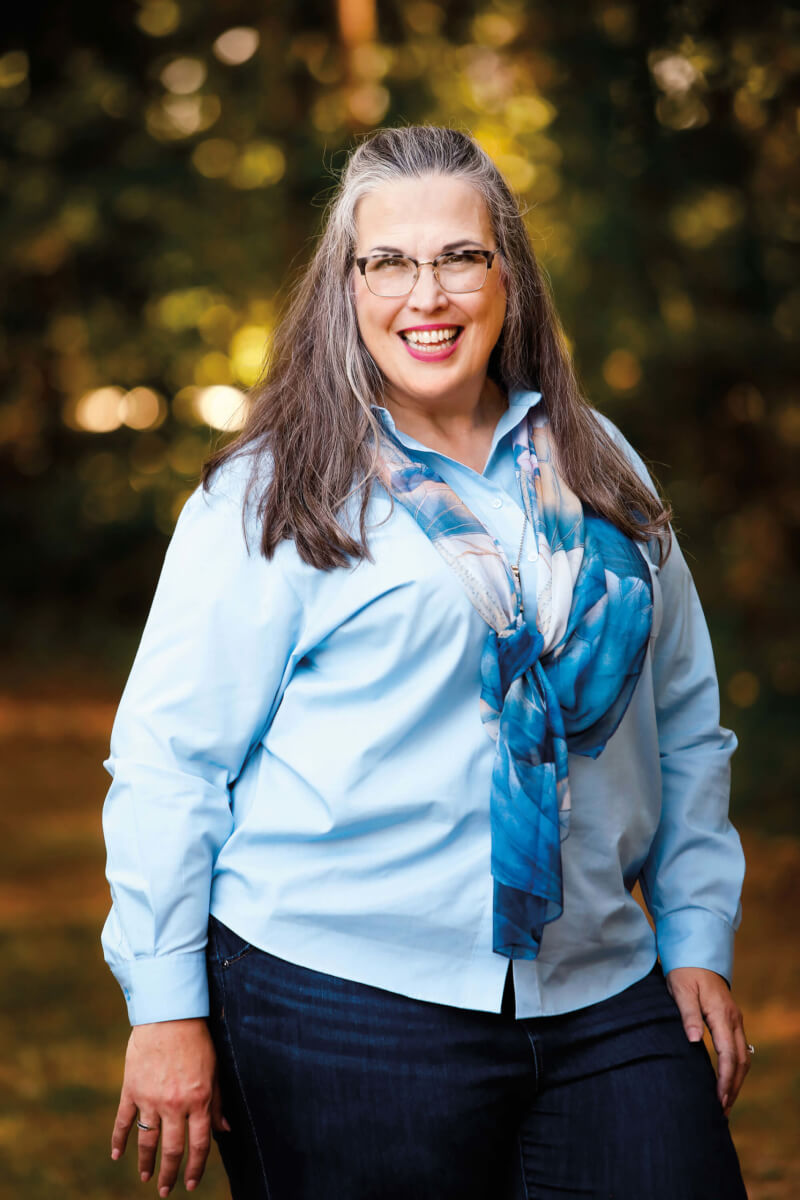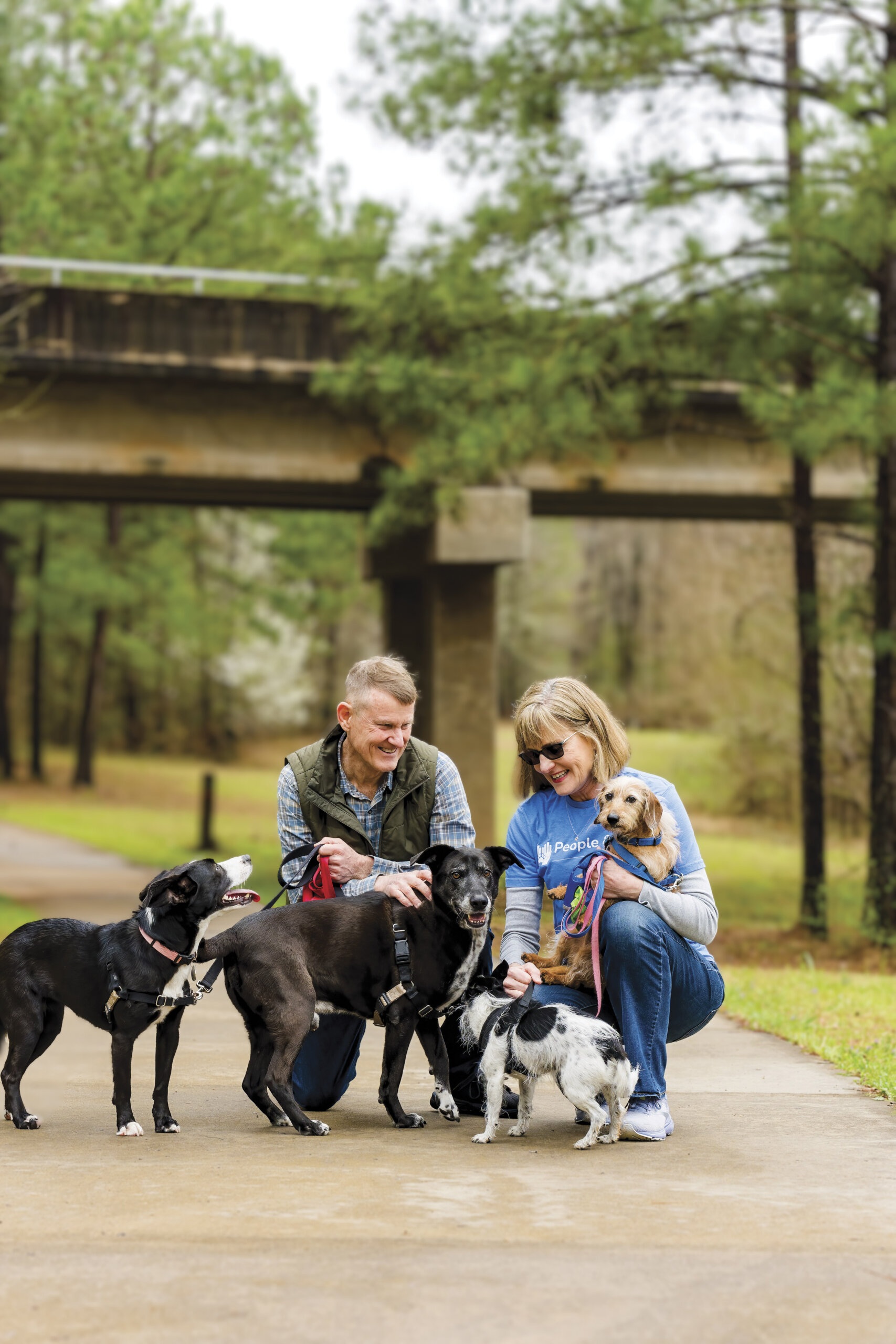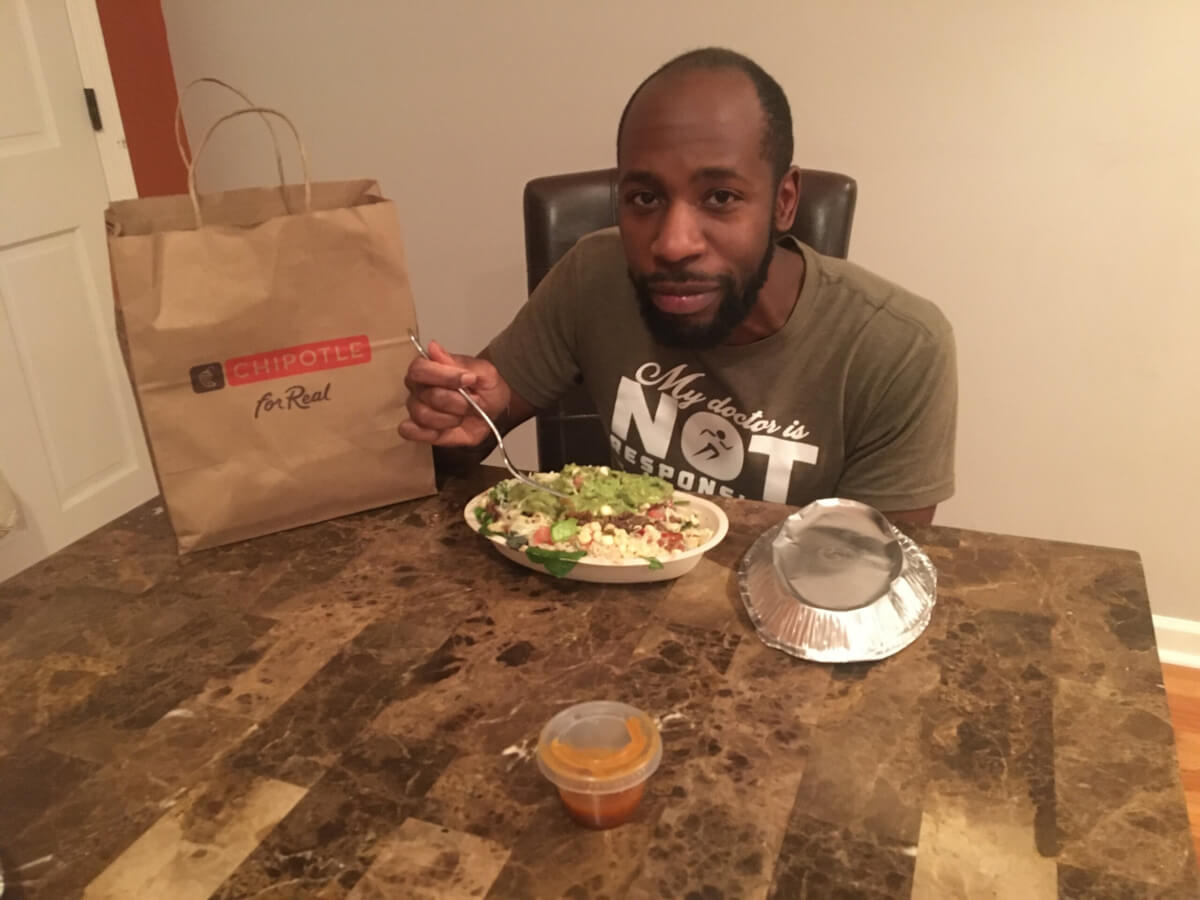
Shannon Says
Shannon Says: So, Now What?
By Dr. Shannon Terrell Gordon
(file photo of her – photo by Leah Yetter)
As if the COVID-19 pandemic’s significant stressors were insufficient, the political rhetoric of this campaign season has been some of the most divisive and vitriolic in memory. Huge political races – including for the presidency – have been hotly contested. Large groups of people supported “winners,” and many others ardently backed “losers.” Also, several key races head to run-offs.
This begs the question, “So, now what?” What can each of us do to move the ball forward in our precious democratic republic? What can each of us do to unify our divided nation? After all, as Winston Churchill said, “Democracy is the worst form of government, except for all those others that have been tried from time to time.”
Our Pledge of Allegiance commits to an undividable nation with liberty and justice for all. What can each of us do to make that the practical reality of every American?
Part of the solution is each of us committing to principles above personalities. International Rotarians commit to sifting all actions through a four-way test built on the principles of truth, fairness, commitment to foster positive relationships and mutual beneficence. They ask:
- Is it the truth?
- Is it fair for all concerned?
- Will it build good will and better friendships?
- Will it be beneficial to all concerned?
Following King’s approach
The Rev. Dr. Martin Luther King Jr. put forth this principle-based approach.
Nonviolence is a way of life for courageous people. Committing to nonviolence is strong and active. It is spiritually, mentally and emotionally aggressive resistance to that which is unjust, unfair, demeaning, demoralizing, dishonest or hurtful.
Seek understanding and friendship toward an end result of redemption, reconciliation and true community.
Seek to defeat injustice, not people. Refuse to characterize people as evil. Instead, recognize that lack of learning, misinformation and faulty beliefs contribute to misguided, unjust actions.
Suffering can educate and transform when accepted without retaliation. Unearned suffering is redemptive and has tremendous potential to educate and transform.
Resist spiritual as well as bodily violence. Choose love instead of hate. As King reminded, nonviolent love is spontaneous, unmotivated, unselfish and creative.
Cultivate the belief that the universe is on the side of justice, and justice will eventually win.
Using King’s principles
Learn how each of us can use positive principles like these to help bring liberty and justice for all and to unify our country.
Build our own understanding. Stephen Covey’s seminal book, “Seven Habits of Highly Effective People,” encouraged the approach, “first, seek to understand.” To responsibly understand and articulate any issue, gather key information from all perspectives. In fact, King stressed the necessity of becoming an expert in the opposing position.
Listen, and inform others. It is said the wisest lead with their ears. Listen toward understanding both the content of opposing views as well as others’ underlying belief systems, approaches and motivations. Listen for common needs and interests. Educate others, especially those who disagree, toward reducing misunderstanding and building empathy.
Daily re-commit to non-violent, principle-driven living. Set aside daily time to recommit to principles above personalities. Examine and eliminate hidden motives. Develop internal readiness that suffering for principle-centered living may be a part of the equation.
Commit to respectful discussion and negotiation. Look for the good and the positive in every attribute, action and statement of those with whom you disagree, as well as common needs and interests. Use grace, humor and intelligence to discuss and negotiate liberty, justice for all, fairness, good will, better relationships and benefit for all concerned.
Take direct, non-violent action. Use this tactic to impose creative tension and moral pressure when those with opposing views are unwilling to enter into respectful discussion or negotiation. Hold the unwavering belief that a mutually agreeable action plan can be reached through reasoned compromise, no matter how challenging the issues.
Keep the end in mind. Commit to our nation’s pledge of an undividable nation with liberty and justice for all. Work to improve understanding, actions, policies, systems, our community, our state and our nation.
Now, more than ever, our country needs individuals with listening ears and reasonable, redemptive and reconciling voices. Will you be one?
Dr. Shannon Terrell Gordon leads Macon’s River Edge Behavioral Health and River Edge Foundation. Shannon is a researcher, author, speaker and teacher to help each person live his or her best life and to help leaders make the most meaningful impact possible. Follow her on Instagram with #drshannonsays. Contact her at sgordon@river-edge.org.







